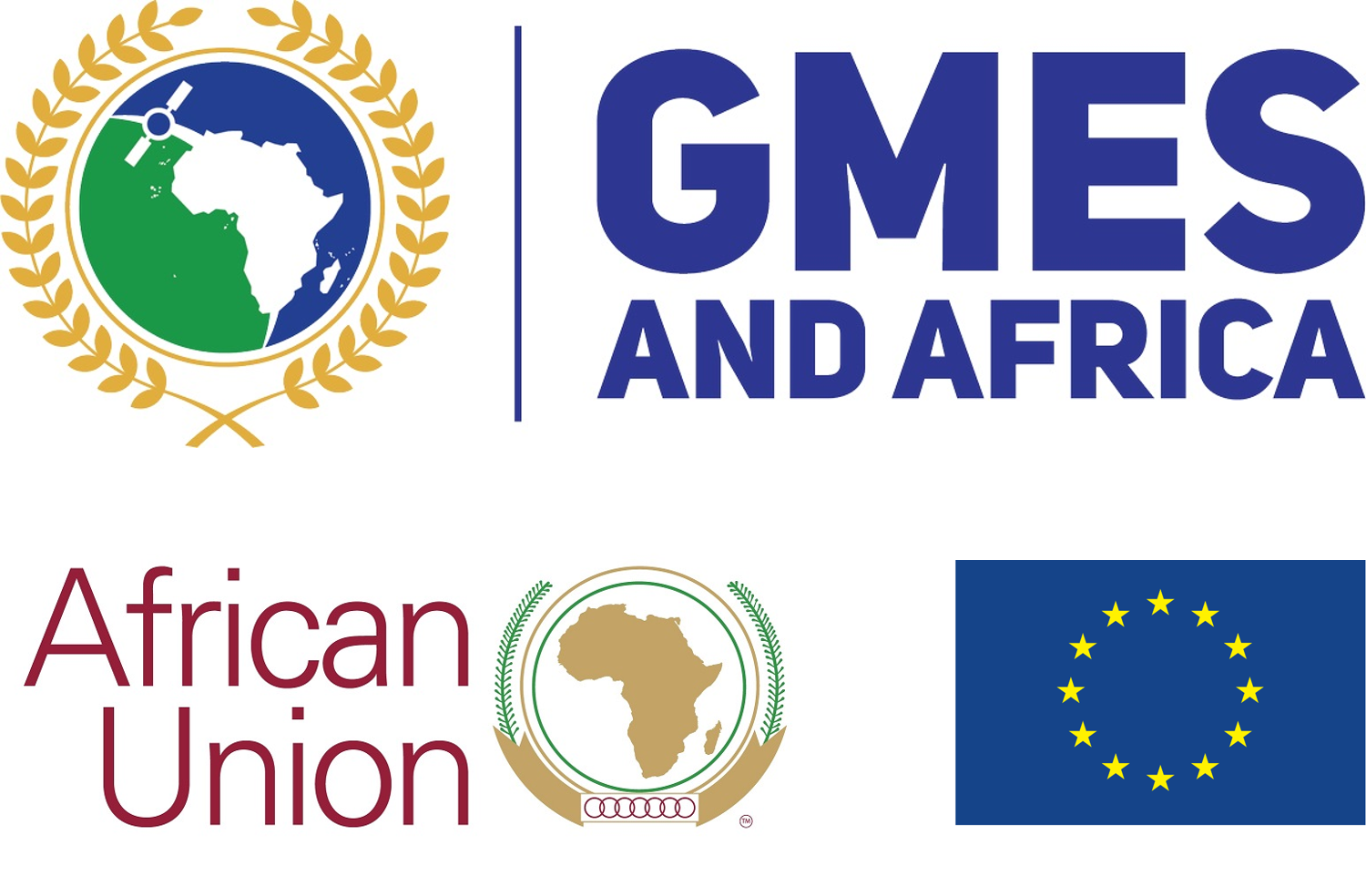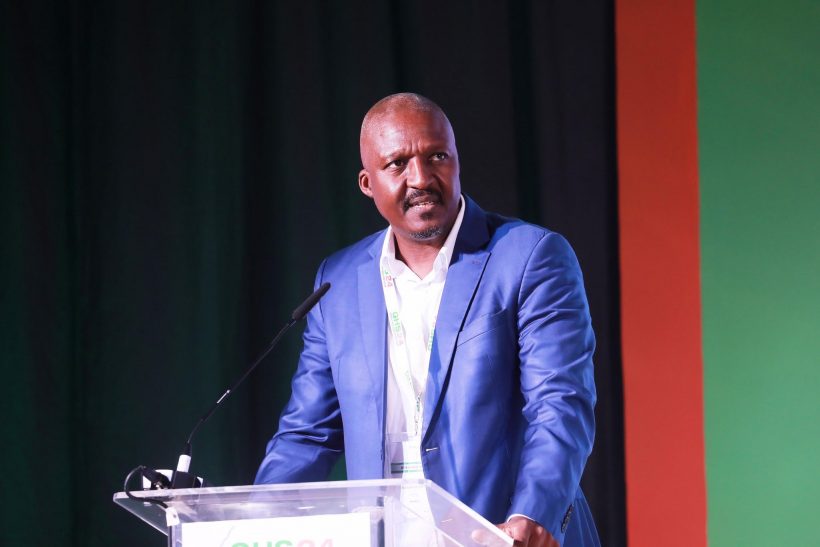5 June 2025
World Environment Day 2025: “Ending Plastic Pollution Begins at the Heart of Our Wetlands”
Today, on World Environment Day 2025, we join the global community in affirming our collective commitment to this year’s theme: “Ending Plastic Pollution.” At SASSCAL, we recognize this as a defining environmental challenge of our time, one that directly threatens the integrity of wetland ecosystems across Southern Africa.
Wetlands are among the most productive and essential ecosystems on our continent. They purify water, regulate floods, support biodiversity, and sustain the livelihoods of millions of people. However, these vital ecosystems are increasingly being suffocated by plastic waste, much of it originating from urban runoff, informal settlements, and inadequate waste management systems.
Our data, gathered through SASSCAL’s Wetland Monitoring and Assessment Programme (WeMAST), reveal a growing presence of plastic debris and microplastics in some of the region’s most critical wetlands, including the Okavango Delta and Zambezi Basin. This pollution not only endangers aquatic species but also weakens the ecological services that wetlands provide to communities and economies.
Ending plastic pollution is not just an oceanic issue, it is an urgent inland crisis. Wetlands act as natural filters, but when overwhelmed by plastic, they can no longer perform this role effectively. The result is a chain reaction of ecological degradation, reduced water quality, and increased vulnerability to climate change.
SASSCAL is actively responding to this threat by integrating plastic pollution indicators into the organisation’s wetland assessment protocols, conducting transboundary research, and supporting community-based awareness campaigns. We are also working closely with governments, academic institutions, and civil society to develop informed policies and adaptive land management strategies that place wetlands at the center of climate resilience. Through the WeMAST geoportal which also helps in detecting polluted water sources and water quality, SASSCAL is contributing in the provision of vital Earth Observation Data that can be used by environmental policy makers in policy development.
As we mark World Environment Day, we call on all stakeholders, governments, communities, the private sector, and citizens to take decisive action. Let us commit to reducing plastic use, strengthening waste management, and prioritizing the restoration of polluted wetlands.
The fight against plastic pollution must be as integrated and interconnected as the ecosystems it threatens. At SASSCAL, we remain steadfast in our mission to support science-based solutions and build regional capacity to safeguard the environment starting with our wetlands.
Together, let us end plastic pollution before it ends the ecosystems that sustain us all.
Issued by:
Dr. Budzanani Tacheba
Director: Science, Technology and Capacity Development
Southern African Science Service Centre for Climate Change and Adaptive Land Management (SASSCAL)




Leave a Reply